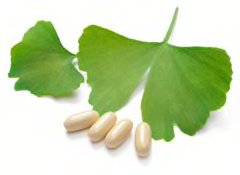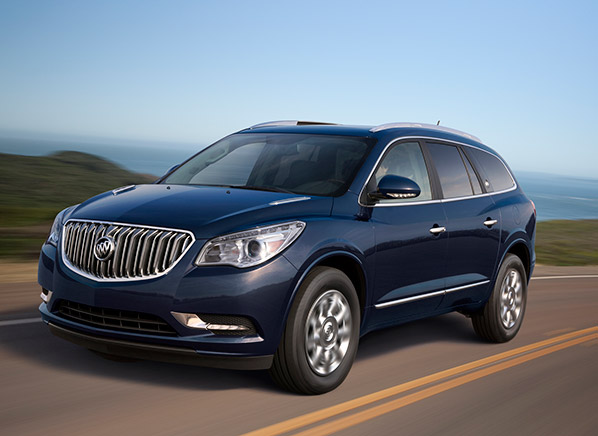Sign In

Menu
Suggested Searches
Recent Searches
Suggested Searches
Product Ratings
Resources
Chat With AskCR
Resources
All Products A-ZThe payment for your account couldn't be processed or you've canceled your account with us.
Re-activateMy account
Sign In
My account
Sign In


Americans spent about $107 million on ginkgo biloba supplements in 2007, according to the Nutrition Business Journal. They're probably hoping to enhance memory and increase mental focus, claims often made for ginkgo.
Ginkgo is extracted from the leaves of the Chinese maidenhair tree. Its seeds have been used in herbal medicines for thousands of years. The supplement is available in pills and teas and is commonly used in an effort to help prevent Alzheimer's disease and other forms of dementia.
But the results of a major trial published in the Nov. 19, 2008, issue of the Journal of the American Medical Association suggest that taking ginkgo biloba to prevent those conditions is probably a waste of money. Researchers followed more than 3,000 people age 75 or older for roughly six years—the largest ginkgo-dementia trial ever. The supplement did not decrease incidents of Alzheimer's disease or other dementias in people with normal cognition or in those with mild cognitive impairment.
In an editorial accompanying that clinical trial, Lon S. Schneider, M.D., of the Keck School of Medicine at the University of Southern California, concluded that "users of this extract should not expect it to be helpful." And while the supplement is widely considered to be safe, there is some concern about an increased risk of bruising, bleeding, and potential drug interactions. If you intend to take the supplement, discuss it with your doctor first.
Ginkgo biloba supplements can cost about $200 a year. Save your money.
 WASHING MACHINE REVIEWS
WASHING MACHINE REVIEWS GENERATOR REVIEWS
GENERATOR REVIEWS
 Build & Buy Car Buying Service
Build & Buy Car Buying Service
Save thousands off MSRP with upfront dealer pricing information and a transparent car buying experience.
 Get Ratings on the go and compare
Get Ratings on the go and compare
while you shop

